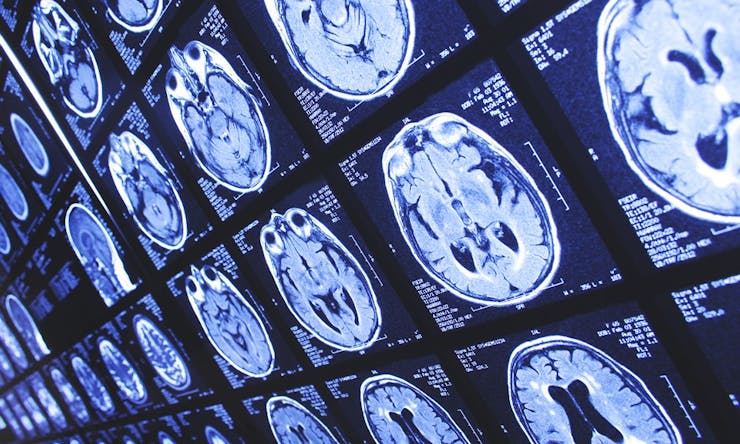Doctors last week unveiled promising evidence for cannabis as a medical treatment, but another recent study could be cause for concern. In the first report of its kind, researchers have found a link between frequent use of high-THC cannabis and signs of damage to a central part of the brain.
The study used imaging technology to examine participants’ brains and found that frequent consumers of potent cannabis showed alterations in a portion that connects cerebral hemispheres. That, the authors wrote, could indicate a “a less efficient and/or slower information transfer across the whole brain.”
Past research has focused primarily on whether or not participants used cannabis. This is among the first to look specifically at potency, measured by level of tetrahydrocannabinol.
It’s important to note that although frequent consumption of high-THC cannabis went hand-in-hand with signs of brain damage, it doesn’t necessarily mean cannabis caused the alterations. And, the study’s authors pointed out, changes to the measurement in question, known as “mean diffusivity,” can be “temporary and reversible.”
The study also found that certain other brain dysfunctions, such as one often observed in individuals with schizophrenia, appeared unrelated to cannabis use.
Still, as high-THC strains and consumption methods like dabbing grow in popularity, the study identifies the need for continued research into the chemical’s effects. The UK-based scientists wrote:
“High-potency cannabis is replacing traditional herbal cannabis preparations in many European countries. Raising awareness about the risks of high-potency cannabis abuse seems therefore crucial. It will be extremely important that future studies evaluating the effects of cannabis use on brain structure and function include a careful assessment of potency.”
Cannabis contains hundreds of chemical compounds, many of which we’re still learning about. This past week, early studies showed evidence of cannabidiol’s potential to treat epileptic seizures in children. And cancer patients have long used both THC- and CBD-heavy strains to ease symptoms of their disease and its treatments. But as cannabis enters the mainstream, it’s important to understand its effects more precisely.
We’ve come a long way from bogus claims that cannabis might turn you into a rapist, murderer, or pedophile. As it stands, though, federal prohibition makes most research impossible. The classification of cannabis as a Schedule I controlled substance ultimately stymies the very research that could help provide answers.







